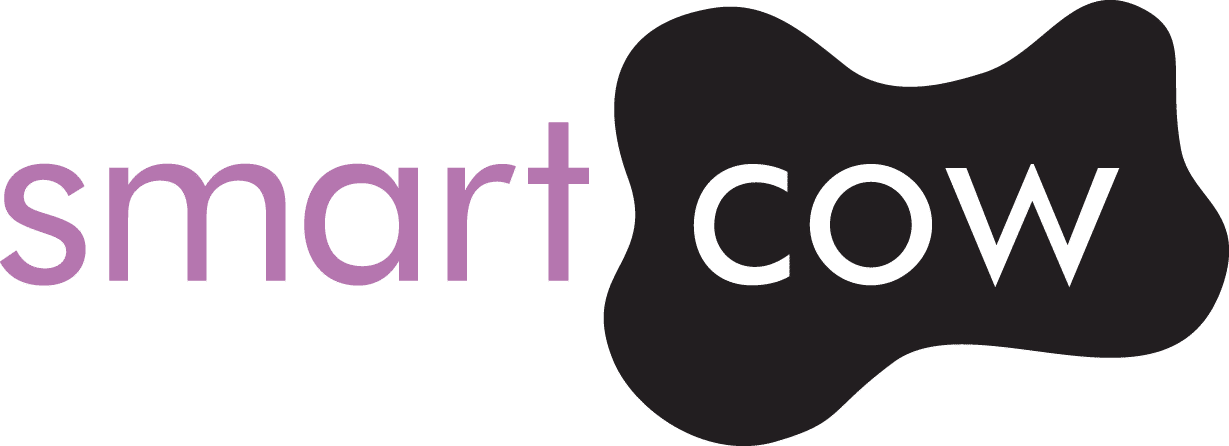In the digital age, the visibility of your small business online can significantly impact its success. Search Engine Optimisation (SEO) and a well-thought-out keyword strategy are fundamental components in ensuring your business stands out from the competition.
This guide is designed to introduce small business owners to the concept of keywords, explaining their importance and how to use them strategically to improve your website’s SEO and attract more targeted traffic.
Understanding SEO and Keyword Strategy
At its core, SEO is about increasing your website’s visibility in search engine results, thereby attracting more visitors. Keywords play a pivotal role in this process. They are the words or phrases that potential customers type into search engines when looking for products or services your business offers.
By incorporating these keywords into your website’s content, you make it easier for search engines to understand what your site is about and how it matches users’ queries, improving your chances of ranking higher in search results.
What Are Keywords, and Why Do They Matter?
Keywords are more than just search terms; they are a reflection of the needs and questions of your target audience. Identifying the right keywords is crucial because they direct the right kind of traffic to your site – your potential customers. The strategic use of relevant keywords can lead to improved search engine rankings, increased website traffic, and, ultimately, more conversions.
How to Research and Identify Keywords
Identifying the most relevant keywords for your business starts with understanding your audience and what they are likely to search for. Tools like Google’s Keyword Planner and SEMrush can help you discover keywords related to your business and provide data on search volume and competition level.
Look for keywords that are relevant to your offerings but also consider the intent behind the search. Consider if people are simply looking for information, or whether they are ready to make a purchase or book a service? Selecting keywords that match this intent can improve the quality of the traffic your website receives.
Implementing Keywords Effectively
Once you’ve identified your keywords, the next step is to incorporate them into your website. However, it’s crucial to use them naturally and in context. Keywords should be included in page titles, headings, meta descriptions, and throughout the content body. Yet, overusing keywords, or ‘keyword stuffing’, can negatively impact your SEO efforts. Search engines prefer content that is informative and provides a good user experience.
The Importance of Long-Tail Keywords
Long-tail keywords are more specific keyword phrases. They are invaluable for small businesses because they attract more targeted traffic. For instance, someone searching for “handmade leather bags London” is likely closer to making a purchase than someone searching for “bags”. Including long-tail keywords in your content can help you capture this ready-to-buy audience.
Monitoring and Adjusting Your Keyword Strategy
SEO and keyword optimisation are not set-and-forget tasks. Search trends can change, and so can the language your customers use. Regularly monitoring your website’s performance using tools like Google Analytics and adjusting your keyword strategy accordingly is essential for sustained SEO success. This includes adding new relevant keywords and phasing out those that no longer bring traffic.
SEO Agency
Implementing a keyword strategy is a foundational step in improving your small business’s online visibility and attracting more targeted traffic. By understanding what keywords are, researching and identifying the most relevant terms, and strategically incorporating them into your website, you can enhance your SEO efforts and set your business up for success.
The digital landscape is continually evolving, and so should your approach to SEO and keyword strategy. As you become more familiar with the process, experimenting with different keywords and monitoring the results will become second nature. The key is to start simple, remain consistent, and always keep your audience’s needs at the forefront of your strategy.
If you need support with your SEO strategy, why not speak to the team here.






